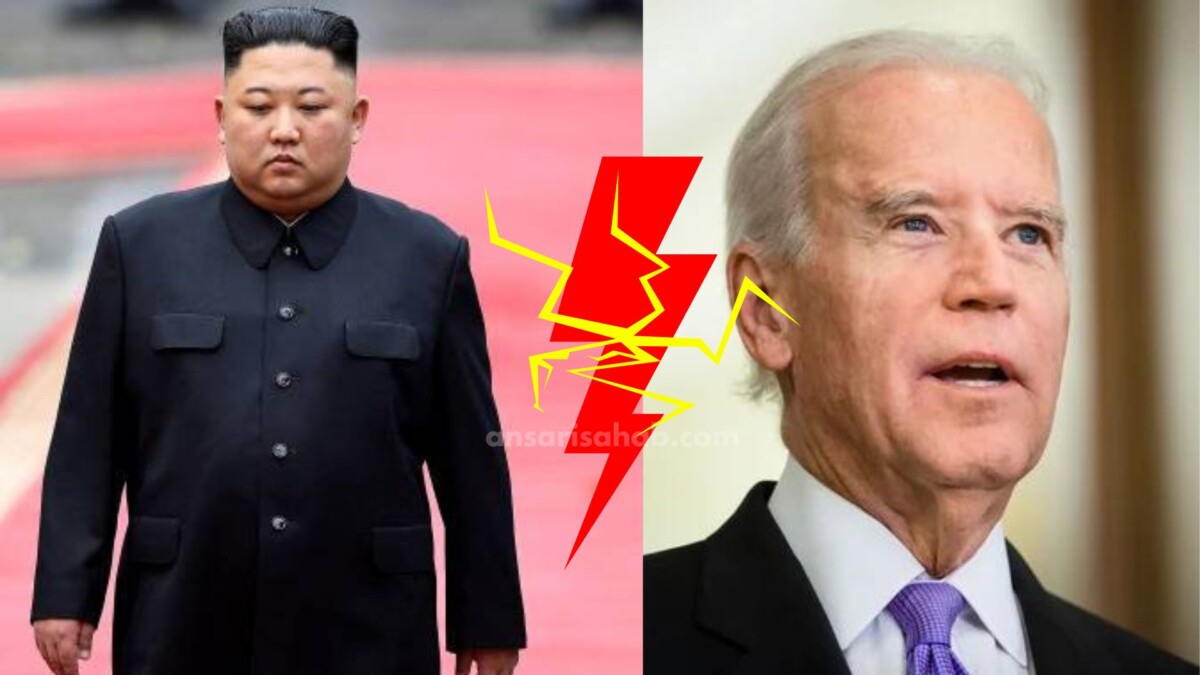
The Korean Peninsula is once again at the center of global attention as tensions escalate between the United States and North Korea. The recent warning issued by the US, coupled with North Korea’s provocative actions, has reignited fears of a potential nuclear crisis. In this comprehensive analysis, we will delve into the intricacies of the situation, examining the US warning, North Korea’s response, historical context, potential consequences, and the delicate balance between diplomacy and deterrence.
The US Warning: A Firm Stance
On December 16, 2023, the United States, in collaboration with South Korea, issued a stern warning to North Korea during a joint Nuclear Consultative Group meeting in Washington D.C. The message was unequivocal: any nuclear attack on the US or its allies would be met with a “swift, overwhelming, and decisive response.” This represents a significant escalation in rhetoric, reflecting the gravity of the perceived threat posed by North Korea.
North Korea’s Defiance: A Familiar Tune
In response to the US warning, North Korea, led by Kim Jong-un, adopted its characteristic defiance. Accusing the US of “nuclear blackmail,” Pyongyang threatened “unprecedentedly strong action” if the perceived hostility continued. The recent launch of a military spy satellite by North Korea adds another layer to its defiance, showcasing technological advancements and a desire to challenge the status quo.
Historical Context: A Long and Complex Struggle
To understand the current tensions, one must consider the historical backdrop of the Korean Peninsula. The unresolved Korean War, coupled with North Korea’s persistent pursuit of nuclear capabilities, has created a volatile situation. The absence of a peace treaty and the fragile armistice have left the region technically at war, intensifying the stakes of the current standoff.
Potential Consequences: Catastrophe Looms
The potential fallout from a nuclear conflict on the Korean Peninsula cannot be overstated. Even a single detonation would result in widespread devastation, with far-reaching consequences for life, the environment, and global stability. The urgency to address this threat underscores the need for a comprehensive and effective response from the international community.
Suggested: Detroit Synagogue Leader Samantha Woll: Murder Case Update and Ongoing Investigation
Diplomacy and Deterrence: A Precarious Balance
While diplomacy remains the preferred path to resolution, the recent US warning emphasizes the importance of maintaining strong deterrence measures. The international community, spearheaded by the US and South Korea, is urging North Korea to return to negotiations and abandon its nuclear ambitions. Balancing diplomatic efforts with robust deterrence measures is crucial to de-escalate tensions and prevent further provocations.
The Road Ahead: Navigating Uncertainty
The current situation on the Korean Peninsula is fraught with uncertainty. The interplay of political dynamics in North Korea and the United States, coupled with the actions of regional players like China and Japan, will shape the trajectory of events. The role of technology, including advancements in missile defense and cyber warfare, adds a layer of complexity to the evolving crisis.
Additional Considerations: Factors at Play
- Domestic Politics: The domestic political landscapes in both North Korea and the United States could influence the course of events. Internal dynamics may impact decision-making and the willingness to engage in diplomatic solutions.
- Regional Actors: The actions of neighboring countries, particularly China and Japan, will play a pivotal role. Their responses and strategic decisions will contribute significantly to shaping the outcome of the crisis.
- Technological Advancements: Keeping an eye on technological developments, especially in missile defense and cyber warfare, is essential. These advancements could influence the effectiveness of deterrence measures and impact the overall security landscape.
Conclusion: A Call for Collaborative Action
In conclusion, the escalating tensions on the Korean Peninsula demand a concerted international effort. Balancing diplomacy and deterrence, addressing historical grievances, and leveraging technological advancements are key components of a multifaceted approach. The global community must remain vigilant, ready to respond swiftly and decisively to prevent a potential catastrophe.
As the world watches the unfolding situation, the imperative remains clear: a peaceful resolution must be pursued with unwavering determination, prioritizing the well-being of the Korean people and global stability.








